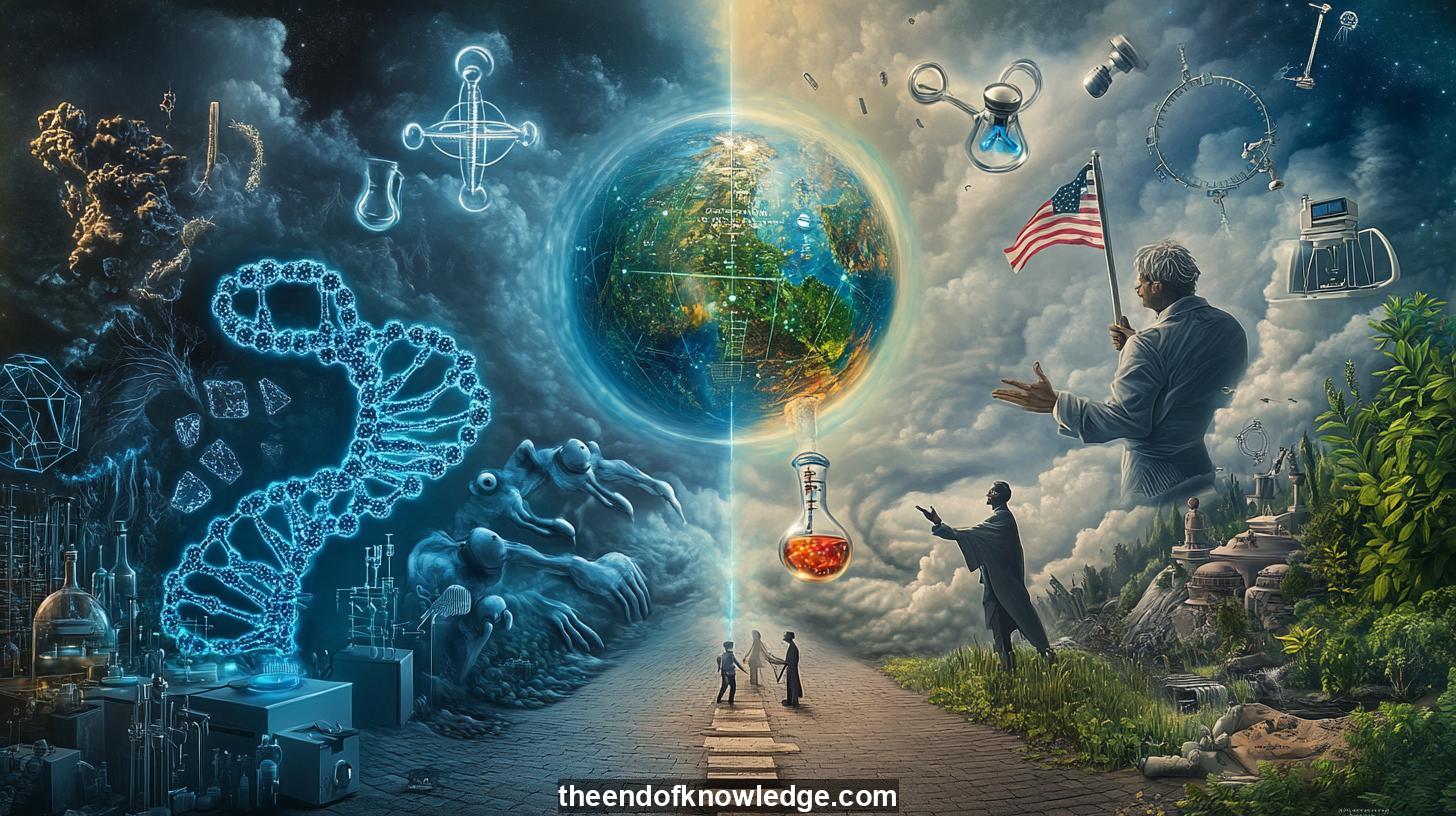 >
>
Concept Graph, Resume & KeyIdeas using DeepSeek R1 :
Resume:
discusses the convergence of artificial intelligence (AI) and biotechnology, focusing on the Evo2 model. Evo2, developed by Envidia, is a powerful AI tool designed to interpret and generate genetic sequences, offering applications in medicine, agriculture, and environmental science. It enables the prediction of genetic variations and their effects, aiding in personalized medicine and synthetic biology. The model's open-source availability through platforms like Nvidia's BioNemo raises ethical questions about accessibility and potential misuse, such as bioweapons or unauthorized genetic modifications. Ethical debates surround the creation of synthetic organisms and the impact on ecosystems, emphasizing the need for regulatory frameworks. The integration of AI in biotechnology promises significant advancements but necessitates careful consideration of ethical implications to ensure responsible innovation and equitable access.30 Key Ideas:
1.- The Evo2 model, developed by Envidia, interprets and generates genetic sequences, advancing biotechnology applications.
2.- Evo2's open-source availability through Nvidia's BioNemo platform facilitates widespread use in genetic engineering.
3.- The model predicts genetic variations and their effects, aiding in personalized medicine and disease treatment.
4.- Synthetic biology applications include designing genomes for bacteria with specific functions, like contaminant degradation.
5.- Ethical concerns arise from the potential creation of synthetic organisms and unintended ecological impacts.
6.- The liberation of synthetic organisms could disrupt ecosystems, raising environmental safety issues.
7.- Biotechnology advancements challenge regulatory frameworks, necessitating updated policies for safe innovation.
8.- Europe's proposed Biotech Act aims to regulate biotechnology and ensure ethical standards in AI-driven innovations.
9.- The integration of AI in biotechnology accelerates discovery but requires ethical guidelines to prevent misuse.
10.- Synthetic genome design raises questions about the limits of human intervention in nature.
11.- AI-driven biotechnology could revolutionize healthcare through personalized pharmacos and genetic therapies.
12.- The synthesis of complex genomes is now feasible, enabling new approaches in medical research and treatment.
13.- Ethical debates focus on balancing innovation with responsibility to prevent harmful applications.
14.- Global collaboration is essential to establish ethical norms and regulatory standards for biotechnology.
15.- The potential for bioweapons highlights the need for strict controls on genetic engineering technologies.
16.- AI models like Evo2 enable rapid advancements in biotechnology, but their misuse poses significant risks.
17.- Synthetic biology could address global challenges like disease and environmental degradation.
18.- The future of humanity may involve augmented biology, challenging traditional notions of human identity.
19.- Ethical considerations must address the long-term implications of creating artificial life forms.
20.- Regulatory frameworks must evolve to keep pace with the rapid advancement of AI-driven biotechnology.
21.- Public access to genetic engineering tools raises concerns about equity and potential misuse.
22.- The convergence of AI and biotechnology offers unprecedented opportunities for medical breakthroughs.
23.- Synthetic organisms could provide sustainable solutions to environmental problems.
24.- The ethical implications of genetic engineering require transparent public debate and policy-making.
25.- AI-driven biotechnology demands a global response to ensure equitable and safe development.
26.- The potential for AI to enhance human capabilities challenges traditional ethical boundaries.
27.- Synthetic biology could redefine the boundaries between human and machine.
28.- The development of AI models like Evo2 underscores the need for ethical oversight in scientific research.
29.- Biotechnology advancements must be guided by principles of responsibility and human dignity.
30.- The integration of AI in biotechnology promises transformative change, requiring careful ethical navigation.
Interviews by Plácido Doménech Espí & Guests - Knowledge Vault built byDavid Vivancos 2025